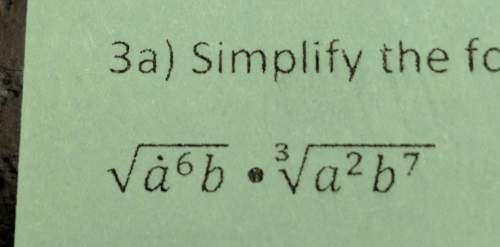
Mathematics, 18.02.2020 02:55 Stucklikechuck1703
Suppose that you invest $1000 on dec 31 of evry year , in a bank account which pays 3.5% interest, compounded annually. You make a separate $1000 deposit on the last day of each 2015, 2016, 2017 and 2018 and then tally up the total amount of money in the account right after making your deposit on De. 31, 2018.
a. How much does the Dec. 31 2015 deposit contribute to the account value as of Dec. 31, 2018?
i. How much does the Dec. 31 2016 deposit contribute to the account value as of Dec. 31, 2018?
ii. How much does the Dec. 31 2017 deposit contribute to the account value as of Dec. 31, 2018?
iii. How much does the Dec. 31 2018 deposit contribute to the account value as of Dec. 31, 2018?
b. Based on your answers in part (a), what is the total account value on Dec 31, 2018?
c. Use the formula FV formula FV= PMT(1+t)^n-1/i to verify that your answer to part (b) is correct. PMTto verify that your

Answers: 3


Another question on Mathematics

Mathematics, 21.06.2019 16:00
12. the amount of money in a bank account decreased by 21.5% over the last year. if the amount of money at the beginning of the year is represented by ‘n', write 3 equivalent expressions to represent the amount of money in the bank account after the decrease?
Answers: 2


Mathematics, 21.06.2019 21:00
Simplify -4z+2y-y+-18z a.-22z+y b.-14z+2 c.3y+22z d.y +14z
Answers: 1

You know the right answer?
Suppose that you invest $1000 on dec 31 of evry year , in a bank account which pays 3.5% interest, c...
Questions

Mathematics, 04.04.2020 12:29


Geography, 04.04.2020 12:29







Biology, 04.04.2020 12:31

Computers and Technology, 04.04.2020 12:31


Mathematics, 04.04.2020 12:31

English, 04.04.2020 12:31









